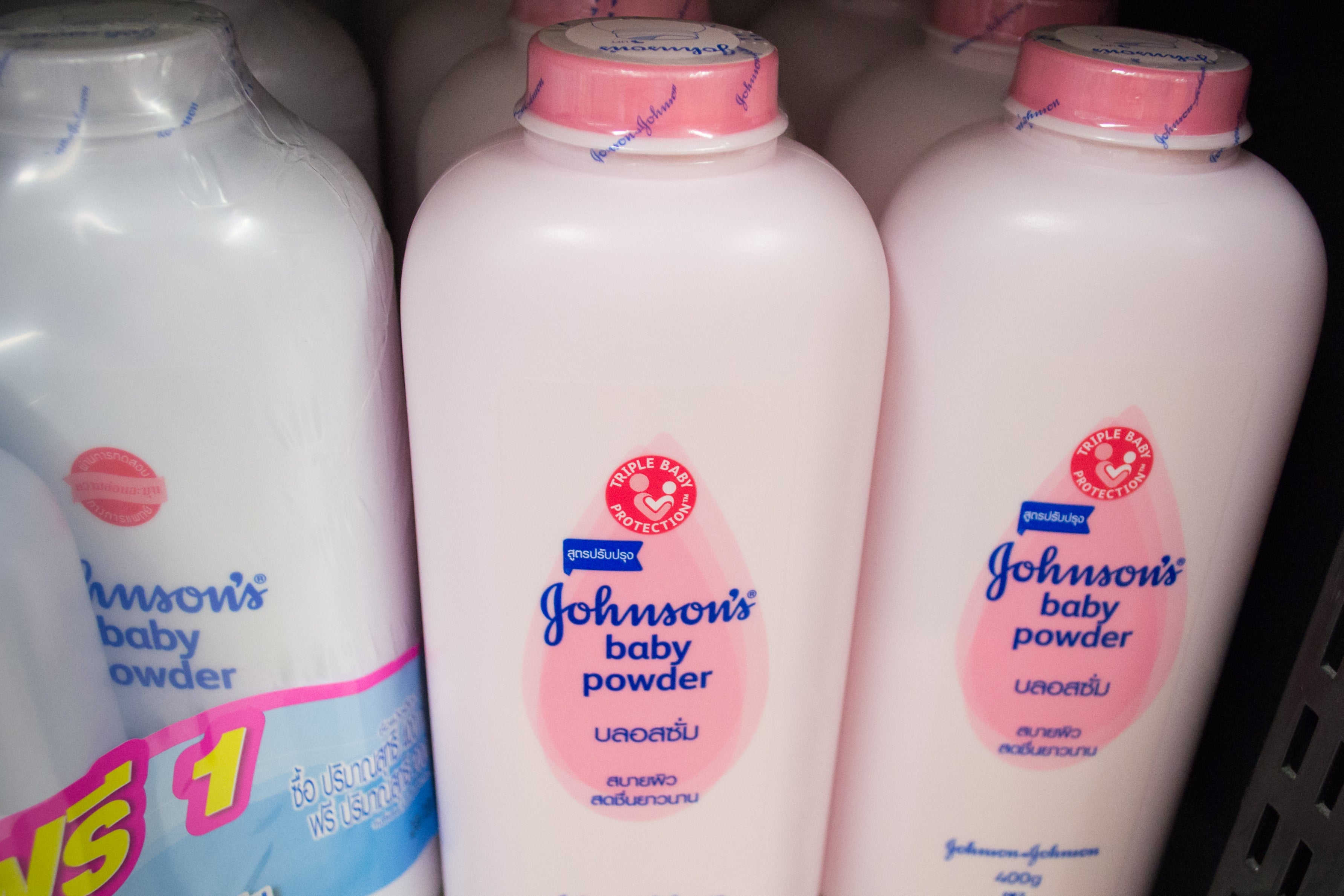
Image Source: Google
Talcum powder, a common household item found in many bathrooms, has been under scrutiny in recent years due to its potential link to cancer. Numerous lawsuits have been filed against talcum powder manufacturers, alleging that the use of their products contributed to the development of ovarian cancer in women.
These verdicts have raised concerns among individuals who use talcum powder regularly, as well as the broader public. They highlight the need for greater transparency and regulation when it comes to consumer products, as well as the responsibility of manufacturers to prioritize consumer safety over profits. To acquire more information about talcum powder cancer trials, you can navigate to this site.
While the scientific community continues to debate the potential link between talcum powder and cancer, individuals are advised to make informed decisions about the products they use. This includes reading labels, researching ingredients, and considering the potential risks associated with long-term exposure.
Additionally, alternative products have gained popularity as individuals seek safer alternatives to talcum powder. Cornstarch, for example, is often used as a substitute due to its similar texture and absorbent properties. Many natural and organic brands have also entered the market, offering talc-free powders that are marketed as safer options.
Advocates for stricter regulations argue that comprehensive safety testing and increased transparency are necessary to protect consumers from potentially harmful ingredients. They call for mandatory testing and regulation that ensures the safety of cosmetic products before they reach store shelves.
In conclusion, the talcum powder cancer trials have shed light on the hidden dangers of everyday products and sparked a broader conversation about consumer safety. While the scientific community continues to investigate the potential link between talcum powder and cancer, individuals are encouraged to stay informed and make educated choices about the products they use.
